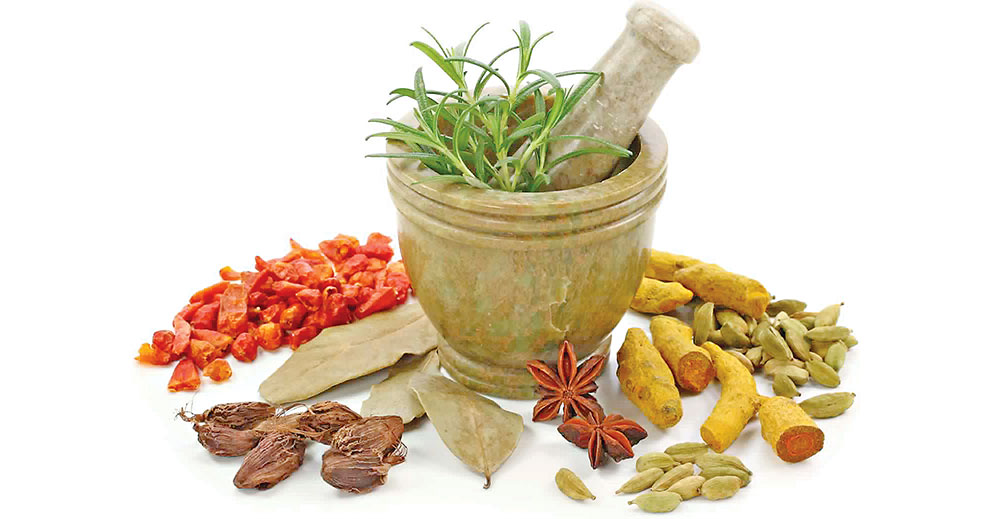Salt therapy – All you need to know
- 24 Feb - 01 Mar, 2024
To continue being on the good side of the winters, here’s a list of things you should be doing to minimise the risk of catching a cold

Don’t wait for your mom to hand you a sweater, please get one yourself and while at it, don’t leave the hat out.
Although it literally is in the air, but germs are carried out by physical contact too and enter the body when infected hands touch vulnerable parts like our eyes, mouths and noses. Washing hands often – and drying them on disposable paper towels (or laundering hand towels regularly) – can significantly reduce the chances of catching a virus, especially the rotavirus, which tends to infect children and causes vomiting and diarrhea.
Low cloud, dull and misty conditions tend to bring an increase in germs, so keep an eye and plan accordingly.
Because people are much closer together physically during winter, this makes it easier for infections to pass between people. Central heating reduces our defences and affects the respiratory system by drying out the protective mucous in our nasal passages. 'The dry, stuffy air of central heating can also lead to sore throats and aggravate chest complaints like asthma. A humidifier can help.
If your immune system needs pepping up to withstand the winter onslaught of germs, Echinacea should be an integral part of your daily routine. The Echinacea plant was originally used to heal wounds and infections. Nowadays, it is popularly used to boost the immune system in fighting colds and flu, and also as an agent to help heal viral and bacterial infections.
The mineral zinc is essential to help fight colds and provide a boost to a flagging immune system. Good food sources include meat, oysters, eggs, seafood, tofu, black- eyed peas and wheat germ. Zinc and Vitamin C make a great cold-busting duo.
Water helps the kidneys function properly and flushes out the toxins that accumulate in our bodies. If you have a cold, being dehydrated makes your mucus drier and thicker and less able to cope against invading bacteria and viruses. If you've already caught a cold, drinking plenty of fluids will help flush out the infection.
Lack of sleep makes us more prone to infection but it's not a matter of simply sleeping for longer, as some people – especially those who are positively motivated - can have fewer than seven hours sleep every night and not suffer at all.
Don't underestimate the importance of regular activity, especially in winter. Apart from keeping our circulation going, regular moderate exercise increases the number of natural killer cells in our bodies.
Taking a daily multivitamin is especially important in the winter when we may be less likely to be eating enough fresh fruit and vegetables, and are also more at risk from infection. Probiotics are 'friendly' bacteria in our intestines and increasingly recognised for their importance not only in maintaining a healthy digestive system, but for improving the body's natural defence mechanisms. Studies have shown that taking probiotic supplements can improve the body's resistance to bacterial and viral infections.
COMMENTS